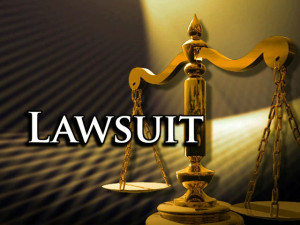Law and public policy are often used simultaneously in determining case law. When it comes to judgments and collecting them, the law has now been made even clearer. In Miccosukee Tribe of Indians of South Florida v. Bermudez, 39 Fla. L. Weekly D1395b, the 3d DCA ultimately sided with a strong public policy argument in the wrongful death case, reversing the trial court’s judgment that allowed the plaintiff to add the Miccosukee Tribe as a judgment debtor, and allowed the plaintiff to collect the amount of the complete previous judgment plus interest from the tribe.
The fine balance between law and public policy is loudly illustrated in this case where two members of the tribe caused the accident, which led to the death of the plaintiff’s wife, and the injury to his child and to himself. While it is blatantly obvious that the plaintiff deserves compensation resulting from the court’s final judgment, the two members of the tribe assert that they have no assets. The Plaintiff recently appeared in front of the tribunal for the tenth time. And the 3d DCA decided that the plaintiff had no adequate legal basis to add the Miccosukee Tribe as a judgment debtor thereby reversing the trial court.
In ruling this way, the Third DCA relied upon three lines of authority in attempting to add the tribe as a judgment debtor, however the strongest of the three, which holds that a nonparty to litigation that funds and controls vexatious litigation can be added as a party for purposes of paying costs and attorney’s fees, was readily distinguishable from the fact pattern in Bermudez.
As strong as the emotions are towards wanting to give the plaintiff compensation, public policy arguments are similarly strong for not wanting to extend liability to a nonparty. The court argued that affirming the trial court would extend liability in such a way that it would punish people for wanting to help a party defend itself. The court further exemplified this argument by comparing the trial court’s judgment to torts of grownup children with their parents, partners is a limited liability company, shareholders in a corporation.
After everything, how could the Tribe be added as a judgment debtor if they weren’t party to the case. The 3rd DCA took the common sense just approach here.
 Miami Personal Injury Attorney Blog
Miami Personal Injury Attorney Blog


